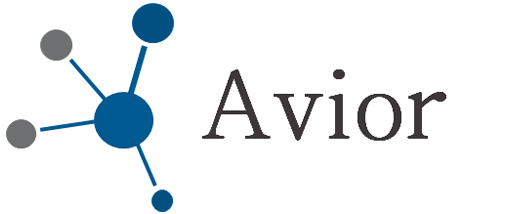
Avior Bio’s Phase 1 Chronic Itch Therapy Trial Shows It's ‘safe and tolerable’

A Holly Springs biotech startup is making early gains with its novel therapy for pruritus, or chronic itchy skin, often associated with liver disease.
Avior Bio, a clinical-stage pharmaceutical company developing drugs for distressed neurological conditions, said results from its first human trial recently conducted in Malaysia prove the therapy is “safe and tolerable.”
Its lead product — AV104 — is based on Avior’s patent-pending delivery technology called Speedit Transmucosal Film to treat severe pruritus.
“We are excited about our results,” its president and CEO, Niraj Vasisht, Ph.D., told NC Biotech. “We’ve also [had] excellent feedback from the FDA on our program. We look forward to building Avior as we strive to be first-to-market for patients suffering from pruritus in liver disease.”
The study involved 12 subjects, and none experienced a serious side effect, added Vasisht.
“The most common mild and moderate reaction was somnolence, dizziness and mild nausea which was observed at the greater than the targeted therapeutic doses.”
The company said it’s now on track to submit an investigational new drug application to the U.S Food and Drug Administration, targeting a Phase 2 trial – this time in the United States -- starting next year.
A debilitating condition
Pruritus is a common condition that occurs simultaneously with chronic liver disease.

It’s estimated that more than 2.5 million patients suffer from the “intractable and persistent” itch, causing insomnia, depression, and scratching that results in skin abrasions and bleeding.
It also affects an estimated 11 million people suffering from atopic dermatitis, like eczema, and another four million in kidney disease.
No FDA-approved therapies are currently available for pruritis.
Vasisht has a 20-year track record in the industry. Before starting up Avior, he served as chief technology officer with Biodelivery Sciences International. Before that, he worked as director at San Antonio-based Southwest Research Institute.
In 2018, he retired to pursue his dream of starting his own company and developing new products with “big impact.”
Interestingly, he first learned about pruritis — not from studying liver disease — but through a friend’s daughter suffering from refractory atopic dermatitis, meaning the condition is persistent and does not respond to treatment.
“Hoping to help her with existing drugs, I was surprised to learn that there was no approved therapy in the United States. Soon after I came up with a plan to develop the drug, and Avior was born.”
Raising funds
To date, Avior has raised $2.5 million through two small pre-Series A rounds and non-dilutive funding from the National Institutes of Health (NIH) Small Business Innovation Research program.
The North Carolina Biotechnology Center has also provided a $250,000 loan.
“[NC Biotech] has been extremely supportive in providing strategic guidance, mentorship, and exposure to Avior in several investor forums,” Vasisht said.
He added that he intends to further work with the Center in establishing a cGMP (current Good Manufacturing Practice) production facility in the Research Triangle.
The startup already has an office in Holly Springs with five employees.
“This next phase allows Avior to establish a strong foundation to manufacture clinical supply for AV104 films, and develop a robust platform to build our pipeline,” he said.
“Since [our technology] is a novel, broad-based small-footprint, high speed, low cost manufacturing technology, the Center’s participation vastly enhances our potential to serve future pipeline needs, manage intellectual property, fast-track the product development, and create local jobs.”
In addition, Avior is preparing to raise an additional Series A round of $7.5 million for the completion of Phase 2.
